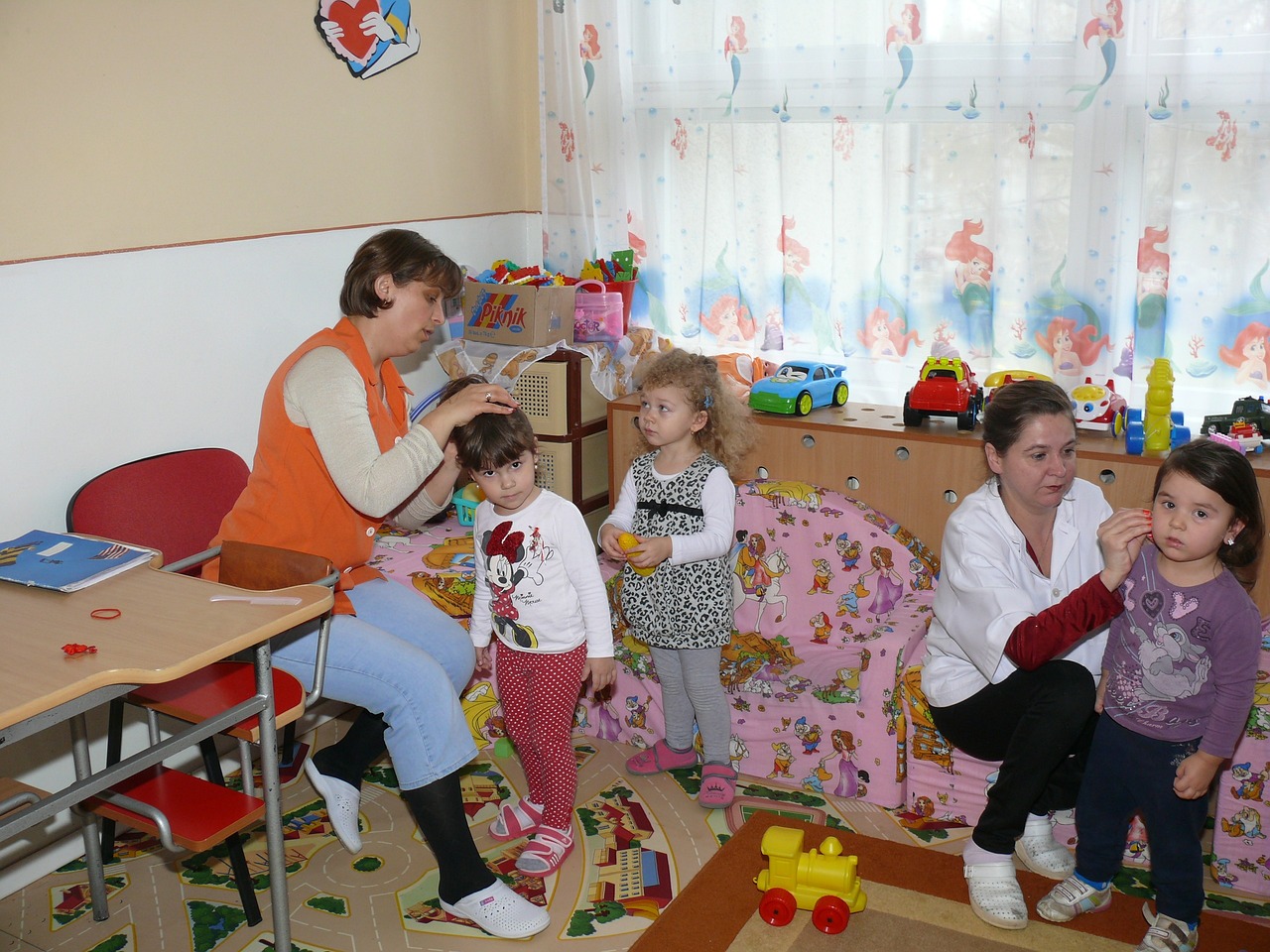Early Childhood Care Education (ECCE) Encompasses A Broad Spectrum Of Philosophies, Practices, And Policies Aimed At Nurturing And Supporting The Holistic Development Of Young Children From Birth To Around Eight Years Old. It Is A Critical Stage In Human Development, Laying The Foundation For Lifelong Learning, Health, And Well-Being. The Importance Of Early Childhood Care Education Cannot Be Overstated, As It Shapes Children's Physical, Cognitive, Social, And Emotional Development During Their Most Formative Years. At Its Core, ECCE Seeks To Provide A Nurturing And Stimulating Environment Where Children Can Explore, Learn, And Grow In A Safe And Supportive Setting. One Of The Key Principles Underlying Early Childhood Care Education Is The Recognition Of The Unique Needs And Capabilities Of Young Children. During The Early Years, Children Undergo Rapid Brain Development And Are Highly Sensitive To Their Environment. Therefore, ECCE Programs Prioritize Activities And Experiences That Are Developmentally Appropriate, Engaging, And Responsive To Each Child's Individual Interests And Abilities. This Child-Centered Approach Acknowledges That Children Learn Best Through Play, Exploration, And Hands-On Experiences That Allow Them To Make Sense Of The World Around Them. Central To Early Childhood Care Education Is The Role Of Caregivers, Including Parents, Teachers, And Other Professionals, In Supporting Children's Learning And Development. Caregivers Serve As Facilitators And Guides, Creating Rich Learning Environments, Fostering Positive Relationships, And Scaffolding Children's Learning Experiences. They Provide Love, Care, And Emotional Support While Also Promoting Independence, Autonomy, And Self-Regulation Skills. Effective Caregivers Are Attuned To Children's Cues And Signals, Adapting Their Interactions And Interventions To Meet Each Child's Unique Needs And Preferences. Furthermore, Early Childhood Care Education Emphasizes The Importance Of Building Strong Partnerships Between Caregivers, Families, And Communities. Recognizing That Children Exist Within A Broader Social Context, ECCE Programs Strive To Involve Families In Their Children's Learning And Development, Recognizing Them As The Primary And Most Influential Educators In Their Children's Lives. This Partnership Approach Fosters Collaboration, Mutual Respect, And Shared Responsibility For Children's Well-Being, Ensuring That Support For Their Learning And Development Extends Beyond The Classroom Walls. In Addition To Promoting Children's Academic Skills And Knowledge, Early Childhood Care Education Prioritizes The Development Of Social And Emotional Competencies Essential For Success In School And Life. Through Positive Peer Interactions, Collaborative Play, And Conflict Resolution Activities, Children Learn Valuable Social Skills Such As Empathy, Cooperation, And Communication. They Also Develop Emotional Resilience And Self-Regulation Skills, Enabling Them To Navigate Challenges, Manage Stress, And Regulate Their Emotions Effectively. Another Fundamental Aspect Of Early Childhood Care Education Is Its Focus On Fostering A Strong Sense Of Identity, Belonging, And Cultural Competence Among Young Children. Recognizing The Diversity Of Backgrounds, Experiences, And Identities Within Society, ECCE Programs Strive To Create Inclusive And Culturally Responsive Environments Where All Children Feel Valued, Respected, And Empowered To Express Themselves Authentically. By Incorporating Diverse Perspectives, Traditions, And Languages Into The Curriculum, Early Childhood Educators Help Children Develop An Appreciation For The Richness Of Human Diversity And Cultivate The Skills Needed To Thrive In An Increasingly Interconnected World. Moreover, Early Childhood Care Education Plays A Crucial Role In Promoting Health And Well-Being Among Young Children. ECCE Programs Provide Opportunities For Physical Activity, Nutritious Meals, And Health Education, Laying The Foundation For Lifelong Habits Of Wellness And Self-Care. Through Outdoor Play, Active Exploration, And Structured Physical Activities, Children Develop Gross And Fine Motor Skills, Coordination, And Spatial Awareness. They Also Learn About The Importance Of Hygiene, Nutrition, And Safety, Empowering Them To Make Healthy Choices And Take Care Of Their Bodies. In Conclusion, Early Childhood Care Education Is A Multifaceted And Essential Component Of Human Development, With Far-Reaching Implications For Individuals, Families, And Societies. By Providing Young Children With Nurturing, Stimulating, And Inclusive Learning Environments, ECCE Programs Lay The Foundation For Lifelong Learning, Health, And Well-Being. Through A Child-Centered Approach, Strong Partnerships With Families And Communities, And A Focus On Social-Emotional Development And Cultural Competence, Early Childhood Educators Play A Vital Role In Shaping The Future Of Our World. As We Continue To Recognize The Importance Of The Early Years, Investing In High-Quality Early Childhood Care Education Must Remain A Priority, Ensuring That All Children Have The Opportunity To Reach Their Full Potential And Contribute Positively To Society.

